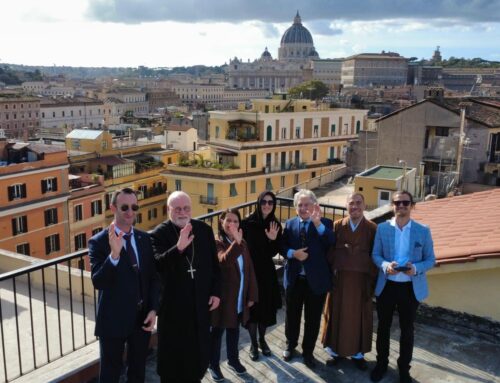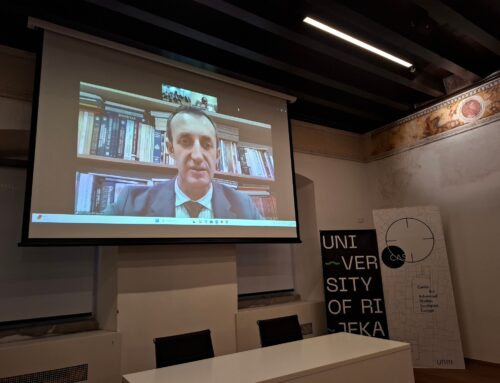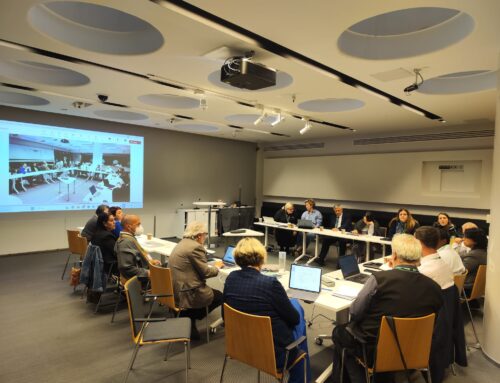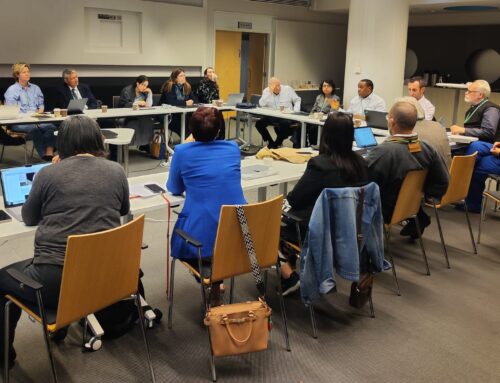The Interreligious Council of Albania (IRCA-Religions for Peace Albania) has been highlighted as a best practice example in the latest report published by the OSCE Office for Democratic Institutions and Human Rights (ODIHR), titled “Understanding Anti-Christian Hate Crimes and Addressing the Security Needs of Christian Communities – A Practical Guide.”
Albania continues to be recognized as a model of peaceful coexistence among religious communities in Europe – a status highlighted in the 2018 International Conference (ICID) titled “Albania, a Model of Interfaith Harmony for Europe?” This recognition is the result of long-standing efforts at the national level to promote interreligious understanding, respect, and cooperation.
IRCA brings together representatives of the country’s five major religious communities – Sunni Muslim, Orthodox Christian, Catholic Christian, Bektashi Muslim, and Evangelical Christian. One of the Council’s main goals is to counter misperceptions and disinformation about religion in society, especially among youth, through interfaith education and dialogue.
The Council has established a Department for Women and Youth, which organizes interfaith dialogues and study visits across the country. It also issues joint public statements in times of social tension — such as elections or the COVID-19 crisis – to promote peace and social cohesion. For its consistent contributions, IRCA has received several national and international awards.
Since 2015, the Islamic, Catholic, and Orthodox theology departments at two universities – Bedër University College and Logos University College – have hosted 13 interfaith symposia bringing together students and professors to foster dialogue and organize joint visits to mosques and Christian places of worship.
Building on this tradition, international delegations have partnered with IRCA and local theology departments to organize interfaith summer schools in Albania. These initiatives have created space for young people and religious leaders from around the world to share experiences and work together to promote interreligious understanding and peace.
This example of good practice was provided to ODIHR for the purpose of reproduction in this Guide by Assoc. Professor Dr. Genti Kruja, member of the ODIHR Panel of Experts on Freedom of Religion or Belief. Similar references have also been included in the latest report on freedom of religion, prepared by OSCE/ODIHR, Belief, Dialogue and Security, p. 57.





